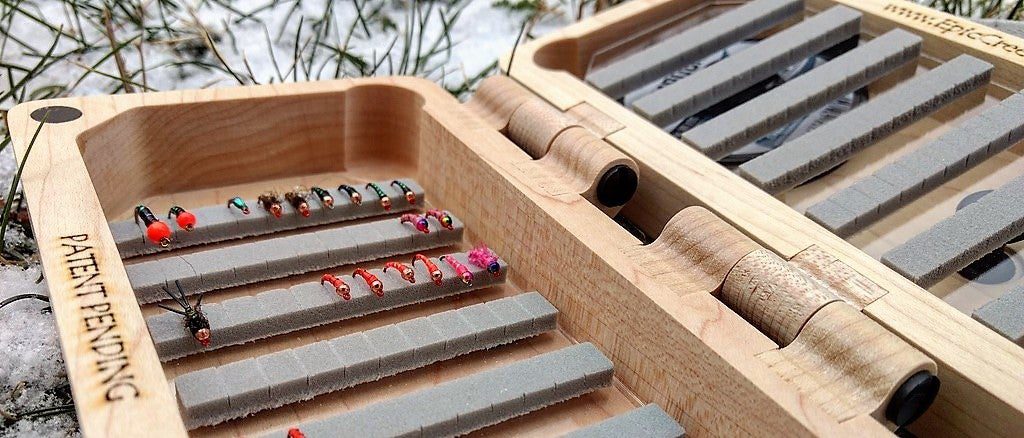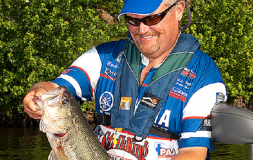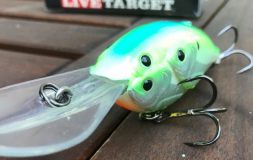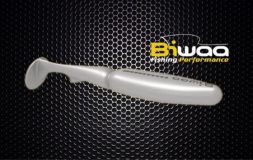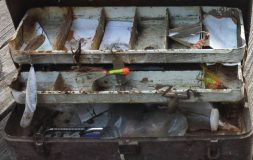How to maintain your fly fishing gear
Written by Colton Orbaker
Despite popular belief, fly fishing gear is rugged and should well outlive the anglers that use it. With a few general steps, maintaining your new fly fishing gear is easy and requires little effort.
Fly Rods: When it comes to fly fishing, rods can be the most expensive piece of gear in your arsenal. With some rods well into the one thousand dollar range, maintaining a rod is important! Thankfully however, fly rods don’t require much care to continue performing. Simply wiping down the rod after fishing in freshwater fisheries is often all that is suggested. After fishing in saltwater however, I suggest rinsing and wiping down the rod a few times. This clears the rod blank and other parts of salt and other debris.
Fly Reels: Reels are the most intricate pieces of an outfit. Depending on the reel and design, maintenance may vary. However, there are general steps all anglers should take. After a day on a freshwater stream, simply air drying most reels is a great way to ensure they stay in good working order. If the reel has a drag system, occasionally checking to be sure it is in good shape and not cracked or dry is often a good idea. After a day of fishing, turn your drag on these reels all the way off to prevent overly compressing the system. This ensures the drag stays solid for longer. For click-pawl reels with no drag, be sure there is no corrosion inside the reel and that it is always seated correctly before use.
Saltwater fly reels require more attention, as most are sealed drag systems. Be sure to completely rinse or soak the reels in freshwater after use, and stored with no drag enabled when not in use. Additionally, check to make sure the sealing system is correctly protecting the drag system before each use. There is nothing worse than losing function of an expensive sealed drag system when fighting a trophy fish!
Fly Line: Fly line may be the most delicate piece of kit in a fly fisher’s bag. Different lines have different heat tolerances and when traveling, be sure to be mindful you don’t ruin a line by exposing it to water or heat that is too warm. Also, be weary of UV rays. Leaving a fly line out will ruin its integrity and castability.
Try to avoid casting over asphalt or grass if possible. Casting over these will corrode the line just as fishing on the bank does. Lastly, avoid stepping on the line whenever possible. Store fly line in a pouch or bag away from intense temperature changes or light from the sun.
Waders: Waders are often overlooked as far as maintenance goes. After a day of fishing, be sure to hang dry your waders in a cool dry place away from the sun. Avoid rolling too tightly and store in a cool dark place for extended periods. Waders have a shelf life, and will develop pinholes if stored incorrectly.
Flies: Flies require very little. Be sure to dry your flies between each use if the become wet. Inspect each fly used after each use and be sure to hone the hook points to ensure good hookups on new fish. Having a clean organized series of fly boxes is always beneficial and convenient for those unplanned and spontaneous outings.
Follow these basic steps to ensure your gear lasts you as long as possible. The less often you need to replace gear you love, the better!


